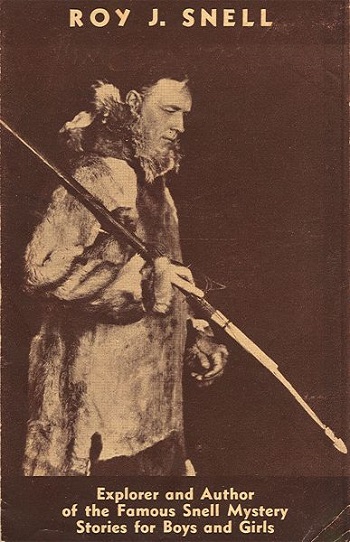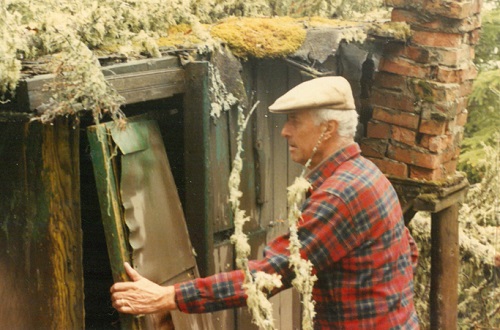Table of Contents
“Who is the best?” That’s the question my boss Marc Dettmann always asked when we needed to fix a problem. He taught me to respect specialists and how to use them.
When we ran into one significant problem we needed to fix, Marc called our former colleagues at the Mayo Clinic to find out who was the best. This problem was going to rattle leadership like nothing I had ever encountered, and would result in a big financial hit to the organization. We found a lawyer so effective that I have yet to find one better to this day (and I have met a lot of lawyers).
She helped us conduct a big investigation, bringing in other experts when needed. She helped us convince leadership, build credibility, and build a case to fix a problem that some people just didn’t want fixed. She explained things to people in such an effective way, that they had to come along peacefully. She reduced the drama that occasionally accompanies these sorts of bigger issues. Between Marc, the lawyer, and I, we fixed a problem that had been met with roadblock after roadblock for several years.
Now there were plenty of things this lawyer didn’t know about our specific culture and internal politics, because she hadn’t worked with us or in our industry before. So I just didn’t let her touch any of those dials on our dashboard. She stuck to what she knew and I stuck to what I knew. And we brought in outside help for the things neither of us knew how to do. We killed it.
Experience Matters

My grandfather Roy J. Snell, who passed on the writing gene to me
(Photo courtesy of Archives, Buswell Library, Wheaton College (IL))

My father by my grandfather’s writing shack on Isle Royale
(Photo courtesy of the author)
I’ve learned that experience matters when working in compliance and I’m learning that through writing this book—the first book I’ve ever written. I’ve written regularly for many years―a few hundred articles and blog posts—and I know I have the creativity gene. My grandfather Roy J. Snell (whom I’m named after) wrote more than 80 children’s books. My mother was an actress and my sister is an artist. This stuff is in my blood. But, I have never written a book before. Luckily, I had some experienced people to guide me: YoGI, our head of publishing, and Karen, my editor. I was convinced this was going to work because I had experts guiding me through the process. YoGI has been in publishing for 30 years, speaks 9 languages, has lived in 11 countries, and I believe he can read people like few others I have ever met. He studied me and, more importantly, my relationship with the compliance and ethics profession. He helped me determine the purpose and mission of the book. I trust him completely. Karen is amazing. Everything I do not know about writing books . . . she knows. I cannot tell you how much I treasure partnering with someone who knows what I need to know and trusting that person completely. Writing this book has been a joy because of Karen. Finding and trusting experts is really important to me.
Working with experts is important for solving compliance issues. Yet some people use just about any lawyer to help them with a high-risk investigation. No one would hire someone who has never worked in a legal department to evaluate their legal department, but many seem to think anyone can evaluate a compliance program and department. I have seen people hire consultants with auditing, legal, ethical, or risk-management experience to evaluate their compliance department. Some have never worked a day of their life in a compliance department. Some have worked with part, but not all of the elements of a compliance and ethics program. That’s not good enough. We have to do a better job of defining “expertise” in the compliance profession.
Roy’s Rule: When the stakes are high, don’t play it safe by using your go-to lawyer. Search the entire country for one of the top five subspecialists in the particular law you are dealing with. Find the best of the best.
Why do you think organizations like Michigan State University (MSU) and Penn State University (PSU) would not step up and stop a known sex offender? Why do you think Wells Fargo CEO John Stumpf listened to employees rationalize setting up bogus bank accounts? How was it that Enron leadership let a CFO build a financial house of cards? These leaders surrounded themselves with generalists who had no clue how bad their decisions were, because they had never been through those kinds of high-risk issues before. Their organizations’ leadership did not bring in compliance specialists who would:
-
Look them in the eye and tell them the truth.
-
Give background facts.
-
Cite similar cases.
-
Consult and confirm with other experts.
-
Provide relevant information to help them make the right decision.
It is dumbfounding to me why many legal departments use their go-to lawyer when a big problem comes up. Some people go to comfort food when they are stressed. I have seen legal departments use their comforting generalist lawyers on high-risk cases. Enron and many other organizations used their outside law firm for unbelievably specialized problems. It’s no wonder they got bad advice. Do you think the people who advised MSU and PSU to do nothing for years are ever going to do that again? No, they won’t. They won’t, because they now have experience dealing with sex offenders. This education came at great expense to the organizations they represented.
Roy-ism: Don’t let people learn how to deal with high-risk issues at your organization’s expense.